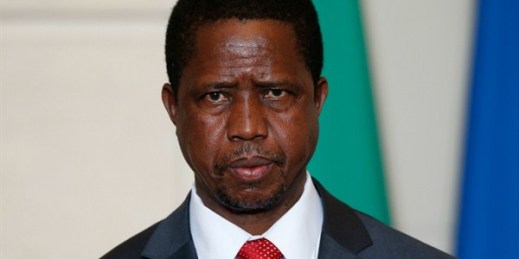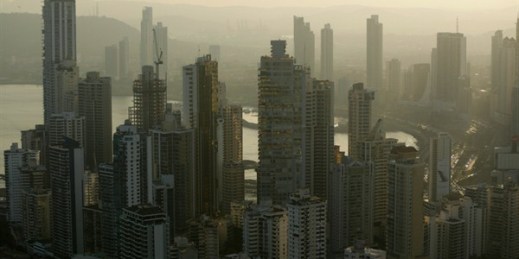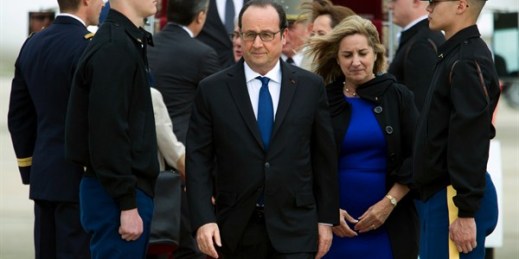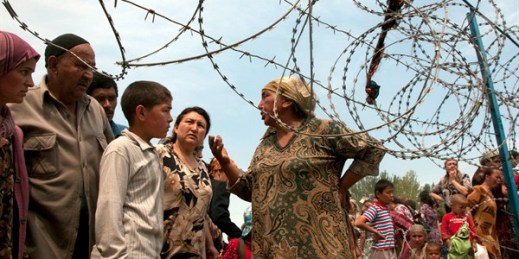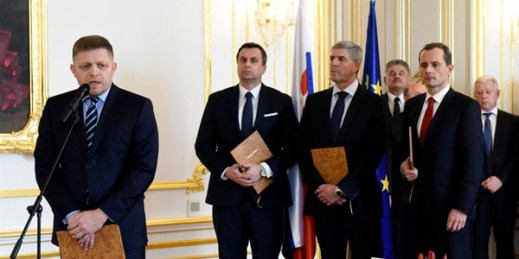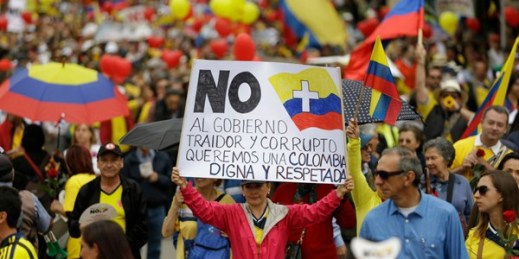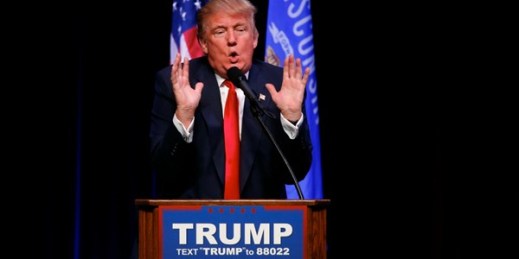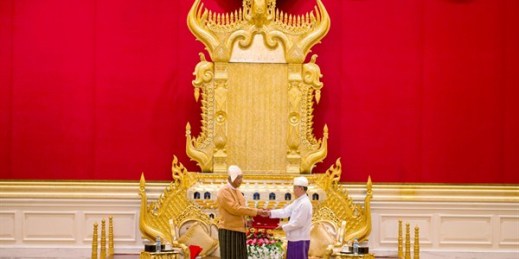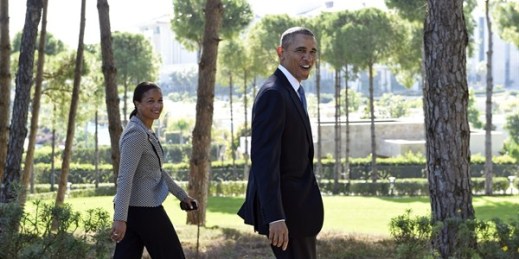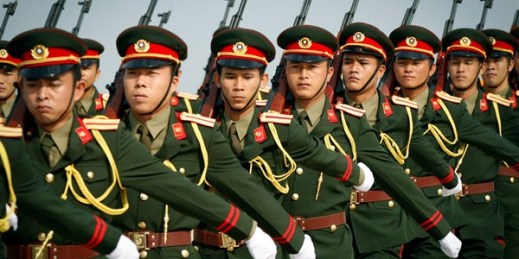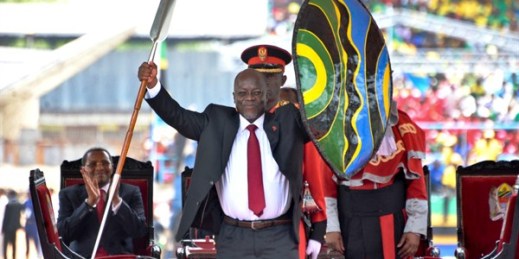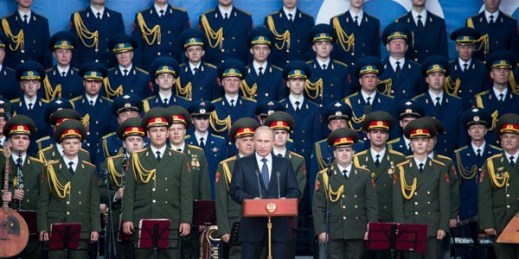
In this week’s Trend Lines podcast, WPR’s editor-in-chief, Judah Grunstein, and host Peter Dörrie discuss the upcoming elections in Peru and Chad as well as the varying reactions to the Panama Papers around the globe. For the Report, Steven Metz joins us to talk about the concept of “limited war” and the differences in the U.S. and Russian approach to it. Listen: Download: MP3Subscribe: iTunes | RSS Relevant articles on WPR: In Peru’s ‘Chaotic’ Presidential Elections, It’s a Race for Second Place Deby Set to Keep Power in Chad Election, but Discontent Is Growing Reaction to the ‘Panama Papers’ Reveals […]

